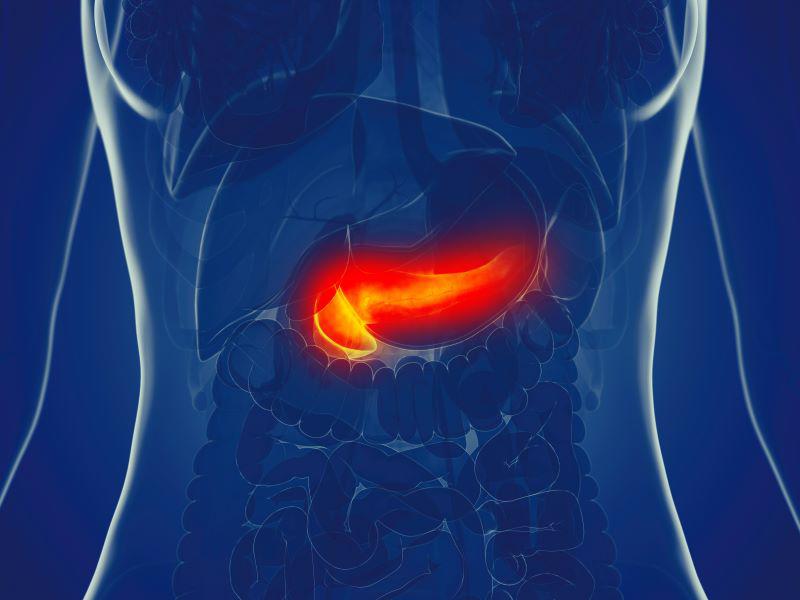Bionic Pancreas Bests Standard Care for Glycemic Control in T1DM

THURSDAY, Sept. 29, 2022 (HealthDay News) -- Reduction in glycated hemoglobin level is greater with use of a bionic pancreas compared with standard care in children and adults with type 1 diabetes, according to a study published in the Sept. 29 issue of the New England Journal of Medicine.
Steven J. Russell, M.D., Ph.D., from Massachusetts General Hospital in Boston, and colleagues randomly assigned persons at least 6 years of age with type 1 diabetes to receive either bionic pancreas treatment with insulin aspart or insulin lispro or standard care in a 13-week trial (219 and 107 participants, respectively).
The researchers found that in the bionic pancreas group, the glycated hemoglobin level decreased from 7.9 to 7.3 percent, while there was no change seen in the standard-care group (mean adjusted difference at 13 weeks, −0.5 percent). There was no significant difference observed between the groups in the percentage of time that the glucose level as assessed by continuous glucose monitoring was below 54 mg/dL (13-week adjusted difference, 0.0 percentage points). The rate of severe hypoglycemia was 17.7 and 10.8 events per 100 participant-years in the bionic pancreas and standard-care groups, respectively. Neither group had episodes of diabetic ketoacidosis.
"Since all insulin doses, including for meals, were autonomously determined by the bionic pancreas, the results of this trial suggest that good glycemic control can be achieved by the bionic pancreas with only qualitative meal announcements and without a prespecified insulin regimen, carbohydrate counting, user-initiated correction doses, or any adjustment of the insulin dose by the user or health care provider," the authors write.
The study was partially funded by Novo Nordisk and by Beta Bionics, which provided the experimental bionic pancreas devices used in the trial.
Abstract/Full Text (subscription or payment may be required)
Editorial (subscription or payment may be required)
Related Posts
Breast Reduction? Body Weight a Factor in Healing Time, Study Finds
MONDAY, April 3, 2023 (HealthDay News) -- Women who are heavier or older may...
Child, Caregiver Mortality Up in Low-Opportunity Neighborhoods
WEDNESDAY, March 22, 2023 (HealthDay News) -- Children living in neighborhoods...
Decision Support Tool Cuts Hypoglycemia Risk in Older Adults
WEDNESDAY, Oct. 11, 2023 (HealthDay News) -- In a population of at-risk older...
As Clinics Providing Abortions Closed in Iowa, STD Rates Started Rising
MONDAY, Oct. 17, 2022 (HealthDay News) -- Even before the U.S. Supreme Court...
